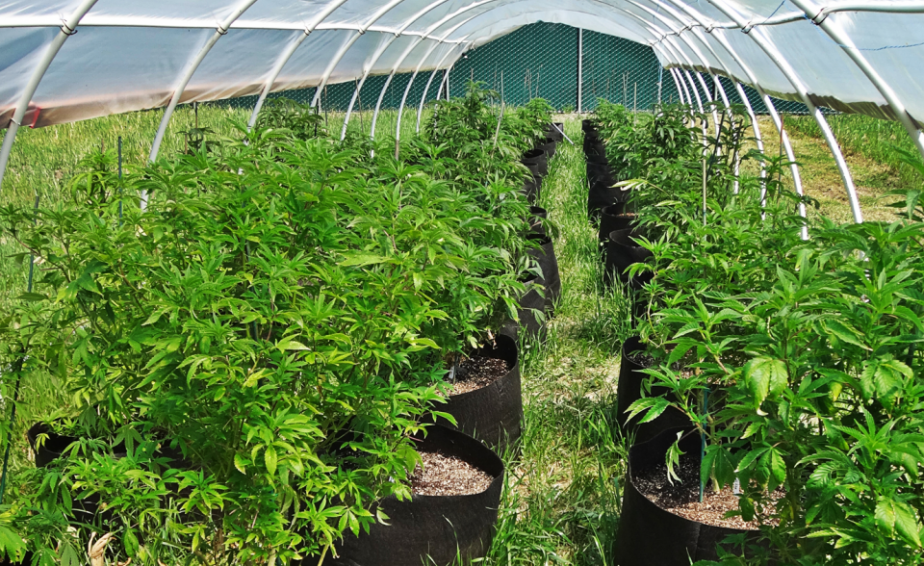Can Cannabis Cure Autism?

Can Cannabis Cure Autism? We Don’t Know, But It’s a Question Worth Asking
Cannabis is already helping children with autism
AutismOne, the world’s largest and most comprehensive autism conference, is delighted to announce a medical cannabis track for parents and professionals. The conference will be held May 25–29, 2016, at the Loews Chicago O’Hare Hotel, Rosemont, IL.
Of tremendous interest is a scheduled presentation by Dr. Judy Mikovits titled “Can Cannabis Cure Autism? We Don’t Know, But It’s a Question Worth Asking.” Dr. Mikovits, whose long and distinguished career in immune dysfunction and retrovirology said, “Given the potential to mitigate human suffering and lost potential, not only is cannabis as a cure for autism a question worth asking, it is criminal not to do so.”
The Endocannabinoid/Cannabis Medicine track features speakers including John Hicks, MD; Christopher Shade, PhD; Jesse Stanley; Tracy Fritz, MD; Christian Bogner, MD; Brandie Cross, PhD; and Fran Kendall, MD. There is also an Endocannabinoid Medicine Certificate Seminar for professionals and a Medical Cannabis Panel featuring many of the leading advocates from around the country.
“Cannabis and hemp have already proven to be extremely effective for seizures and sleep disorders for children with autism,” said Dr. Hicks. “The healing properties of both have only begun to be investigated.”
Ed Arranga, the president of AutismOne, stated, “Autism is not a psychological disorder or a genetic defect. Autism is an umbrella term covering a collection of chronic comorbid conditions, including abnormal gut flora, allergies, seizures, arthritis neurological sequelae, asthma, autonomic dysfunction, chronic rubella arthritis, colitis, ear infections, eczema, immune dysregulation, incontinence, leaky gut, Lyme disease, PTSD (post-traumatic stress disorder), sleep disorders, mitochondrial dysfunction, neuroinflammation, oxidative stress, PANDAS (pediatric autoimmune neuropsychiatric disorders associated with streptococcus), rheumatoid arthritis, severe headaches/migraines, and subacute sclerosing panencephalitis (SSPE).”
As Professor Raphael Mechoulam has noted, “It is believed that because endocannabinoid receptors are found throughout the brain and in every major organ of the body is one reason that cannabis treats so many varied illnesses. Countering the chronic comorbid conditions in children with autism, are cannabinoid’s medical properties, which include acting as an antiemetic, anticonvulsant, antipsychotic, anti-inflammatory, anti-oxidant, anti-tumoral, anxiolytic, and anti-depressant.
“It’s an exciting time,” continued Arranga. “For decades, truthful and accurate information about cannabis and autism has been the exception. Now, finally, the medical benefits of cannabis are being recognized, and children with autism are getting better. Ironically, two communities that were written off are coming together to help each other.”
To learn more about AutismOne’s Endocannabinoid/Cannabis Medicine Track please visit http://www.autismone.org/content/endocannabinoid-medicine-track.
AutismOne is a nonprofit, parent-driven organization that provides education and supports advocacy efforts for children and families touched by an autism diagnosis. For over 15 years we have helped thousands of children with autism get better, many recover given the proper treatments and therapies. Learn more at www.autismone.org.
